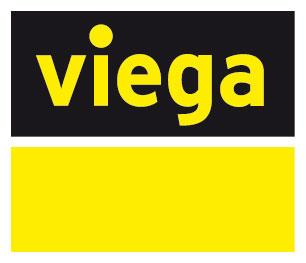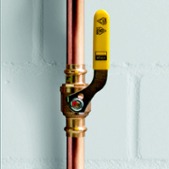Hot work is dangerous work.
That’s the conclusion of a new report from the National Fire Protection Association (NFPA).
The study examined U.S. structure fires caused by hot work from 2014-18. Its findings should scare any contractor who routinely solders or welds.
By the numbers
4,850 – Average number of structure fires involving hot work per year
22 – Average number of civilian deaths from hot work fires per year
171 – Average number of civilian injuries per year
$484 million – Average amount of direct property damage per year
Of the fires involving hot work, 43 percent occurred in or on homes, including one- or two-family homes and apartments or other multifamily homes, while 57 percent occurred in or on non-home properties.
The study also identified the equipment most associated with the fires. It found that welding torches were responsible for 36 percent of fires, followed by cutting torches (20 percent), soldering equipment (18 percent), heat treating equipment (14 percent) and burners (11 percent).
Not just burns
Burns aren't the only injuries caused by hot work-related fires. Welding fumes can cause both immediate and long-term health issues. The report cites a 2018 accident in Oklahoma when a worker using a welding torch to repair a refrigeration case was killed when he inhaled refrigerant that had oxidized when heated. Radiation burns to the eyeball and eye injuries also are associated with welding and soldering tools.
Taking the appropriate safety precautions and using equipment correctly go a long way in preventing fires and injuries, but eliminating hot work completely is 100 percent effective.
Press safely
In many instances, pressing can be used instead of soldering or welding. Because pressing does not require heat or flame, it does not pose a fire risk. That has benefits beyond the obvious.
No flame means no need for a fire watch or to pull a permit for hot work. That saves time and money. And pressing is safe to use in situations where the risk of a fire or explosion is so great that it’s extremely dangerous or impossible to do hot work, like in hospitals, oil refineries, chemical plants, etc. In those cases, pressing is the only safe solution.
And, if the safety arguments weren’t compelling enough, pressing also is faster and more efficient than traditional methods.








